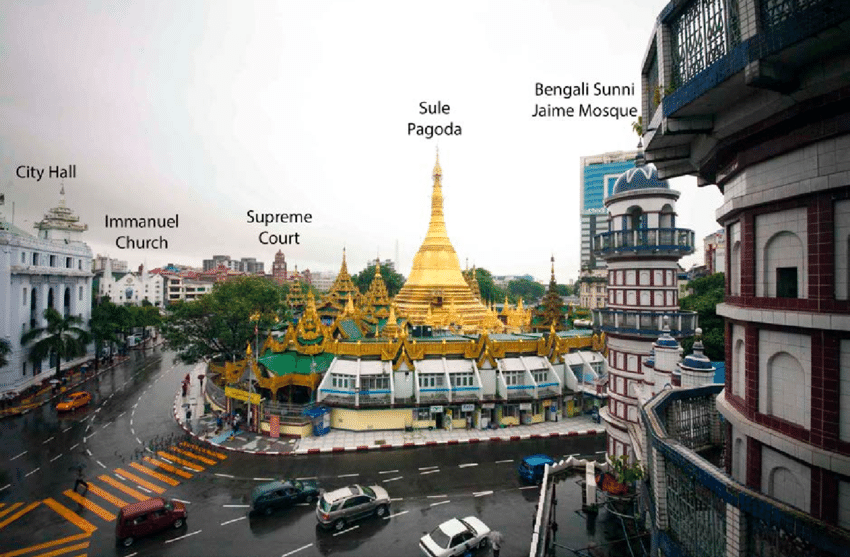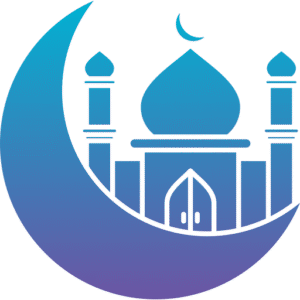Self-Improvement and Preparations for the Future Success of Myanmar Muslims
Part 3: Embracing “Engaged Islam” — Building Bridges in a Multiethnic Society
In a modern, multiethnic society like Myanmar, Muslims must move away from isolation and toward “Engaged Islam” — an active, open, and compassionate approach to living our faith.
As a minority in a predominantly Buddhist country, it is vital that we do not retreat into religious ghettos or isolate ourselves from the broader society. Instead, we must communicate, cooperate, and contribute meaningfully alongside our Buddhist brothers and sisters.
“No man is an island.”
We cannot afford to live in echo chambers. Faith should not divide us from our fellow citizens — rather, it should inspire us to serve the nation together.
Shared Responsibilities, Shared Nation
Regardless of religion, we all share a common duty: to build a better Myanmar. That includes:
- Eradicating hardcore poverty
- Engaging in meaningful social and welfare work
- Promoting peace, stability, and national development
Let us come together in the spirit of unity to care for those in need — the poor, the elderly, the sick, orphans, jobless, addicts, ex-offenders, victims of abuse, school dropouts, and others who have been cast aside by society.
Meritorious acts such as:
- Building and expanding schools
- Opening free or subsidized clinics
- Constructing wells, ponds, rest-houses, and shelters
- Cleaning public spaces
— should become joint efforts between people of different faiths. These acts of service can become natural meeting points for Buddhists and Muslims to build trust and understanding.
The Dangers of Extremism and the Wisdom of the Middle Path
Extremism — in any religion — leads to division and destruction. Islam teaches moderation, just as the Buddha taught the Middle Way. In fact, Siddhartha Gautama himself rejected years of extreme asceticism and only found enlightenment through balance.
Let us follow the same path — away from fanaticism, toward compassion and common sense.
If we wish to earn the trust of others, we must first show an interest in their beliefs and understand their worldview. Only through knowledge comes empathy, and from empathy, tolerance grows.
Let us stop pointing fingers or getting trapped in the grievances of the past. We must forgive, reform ourselves, and strive for excellence — not as a minority demanding sympathy, but as citizens offering solutions.
Mutual Respect, Mutual Restraint
We must be sensitive to the feelings of our Buddhist brothers. We must never insult or mock their beliefs, even casually. Respect is the foundation of peace.
Jealousy breeds hatred. Hatred is rooted in fear. But love drives out fear.
In Myanmar, people often distinguish between two kinds of love:
- “1500” love — passionate, romantic love
- “528” love — cool, universal love for parents, siblings, friends, and all creation
In Buddhism, “Myitta” refers to this tender loving-kindness — extended even to animals and enemies. It is similar to the Islamic concept of Rahmah — mercy and compassion for all.
Such love removes fear and builds trust. And truth reinforces it. Trust cannot be built on lies or deceit.
When we are truthful, both sides gain confidence.
When we are reliable, even former skeptics become allies.
When there is mutual trust, walls come down — and friendships flourish.
Peace Is Stronger Than War
There’s an old saying in football: “The best defense is attack.”
But in life, the better defense is peace, mutual respect, and cooperation.
No war is truly won. Both sides suffer. Victory in war is an illusion — a fantasy of the arrogant and the unwise.
We must reject violence in all its forms — whether physical fights, verbal insults, or angry arguments. Do not be provoked. Stay calm. Stay wise.
Sometimes, it is better to remain silent and listen — remember, we have two ears and only one mouth for a reason.
Give space for reflection. Allow time to cool off. Avoid emotional outbursts and immediate rebuttals. Even when we’re right, not every battle is worth fighting.
Self-control is strength.
Patience is strategy.
Restraint is victory.
If we allow ourselves to be provoked, we lose our composure, our dignity, and the moral high ground. Worse still, we may become tools in someone else’s hands — baited into reaction, exposed in our weakness.
Let us be wiser.
Final Thoughts: Peace Through Trust
I believe, with sincerity and love, our Burmese Buddhist brothers will stand by us in times of crisis — but we must first earn that trust.
We must be trustworthy, honest, and constructive in our actions.
Instead of preparing for conflicts, let us prepare for partnerships. Instead of suspicion, let us build sincerity. Instead of fear, let us cultivate loving-kindness (Myitta).
Together, we can create a future where no one is excluded — and where our diversity becomes a strength, not a source of division.






